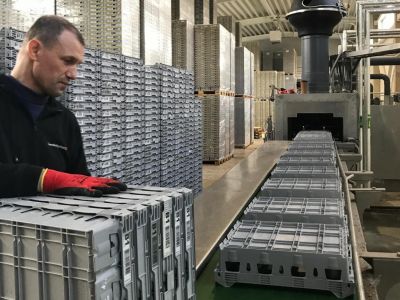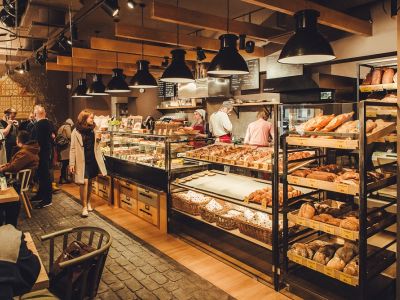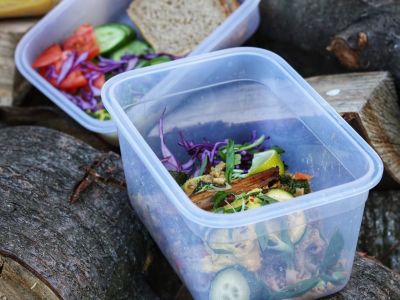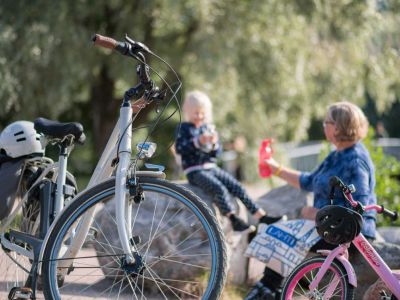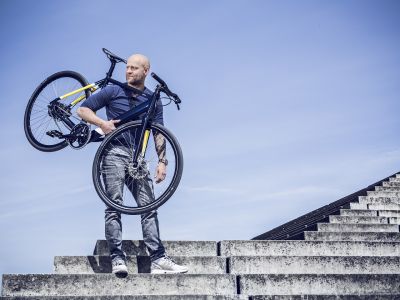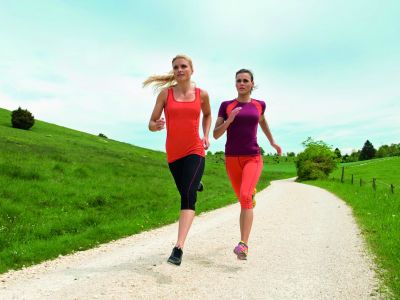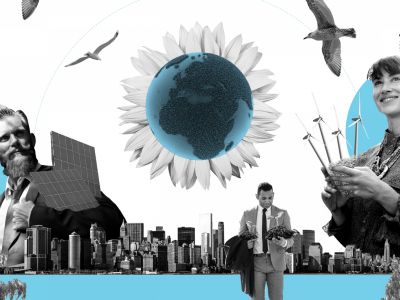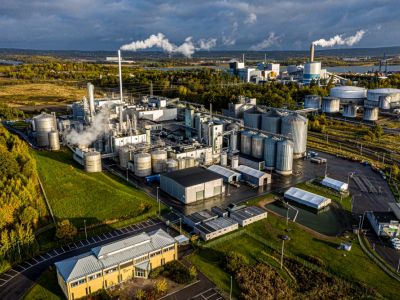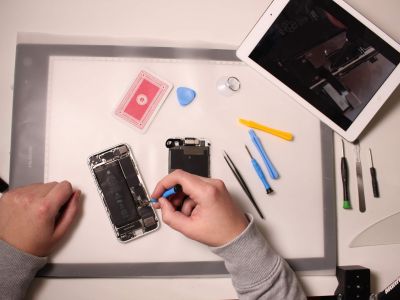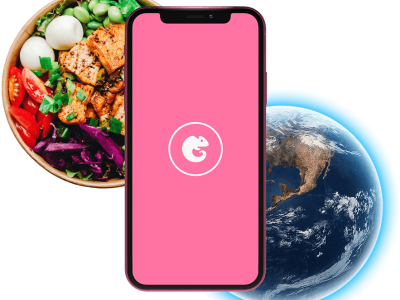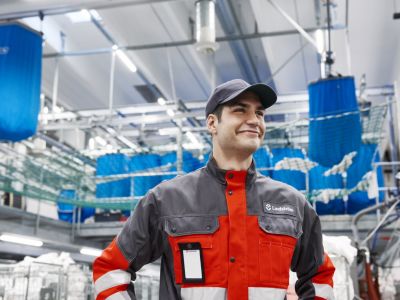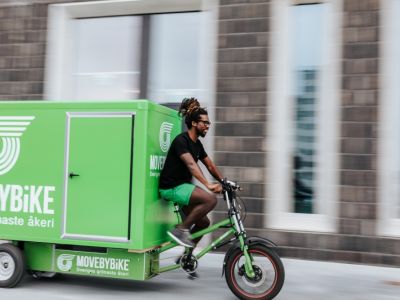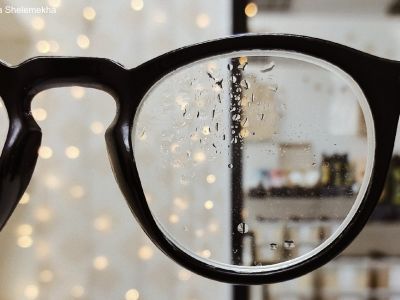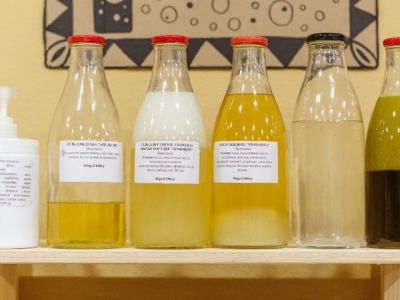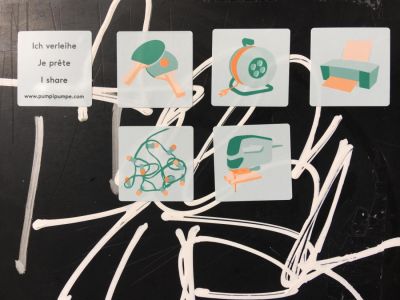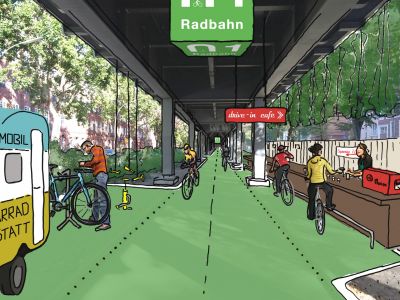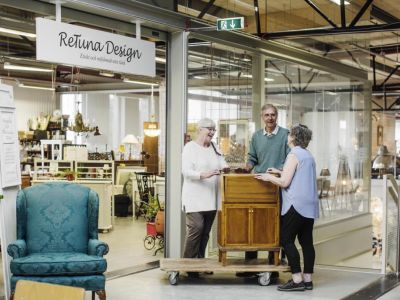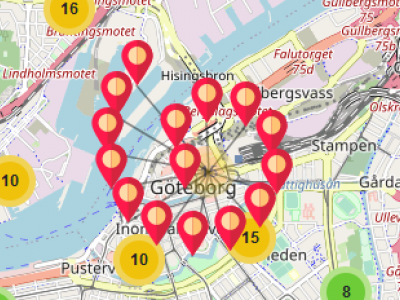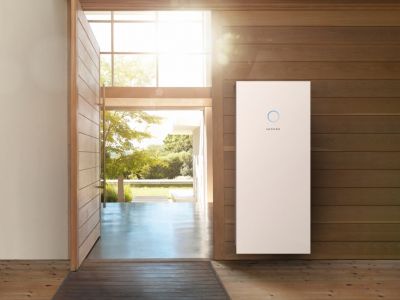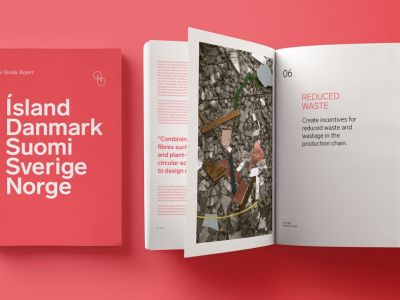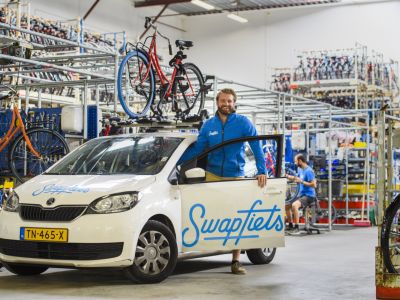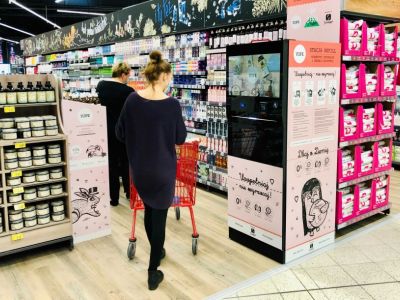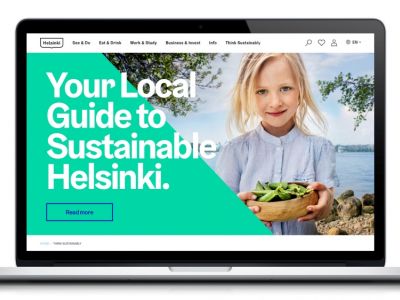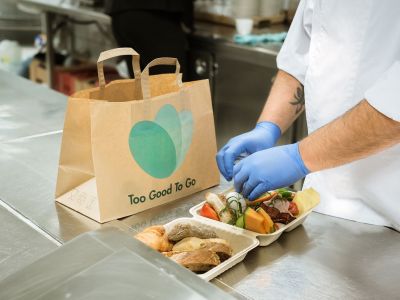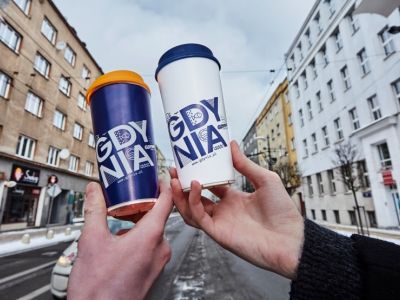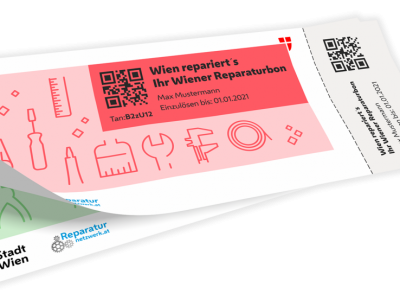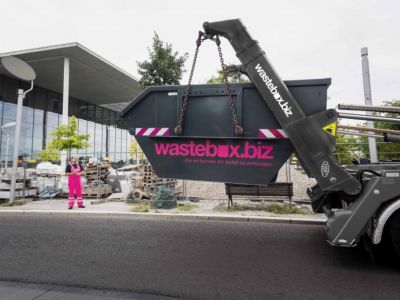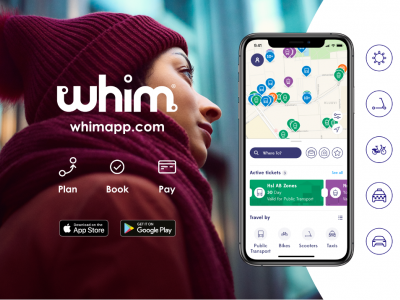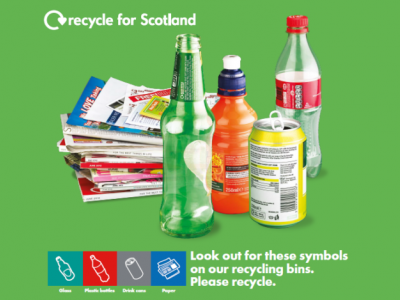![]() Service
Service ![]() Sweden
Sweden ![]() Food & Packaging
Food & Packaging
picture on top: Karma
Karma is dedicated to battling one of the world’s largest climate issues: food waste. We are passionate about building the best solution to make sure food is never wasted.
We are Karma, a free app that connects you to restaurants and grocery stores with surplus food for sale. The app allows retailers to sell their surplus food to consumers at half price – instead of having great food go to waste..
Interview with Elsa Bernadotte, Co-Founder & COO, Karma.
Please tell us how it all began, why was Karma started?
Karma started with 9 months of failure. The four of us co-founders knew we wanted to create something innovative together and started working on an app that allowed people to get deals on a range of items, from clothes to goods and food.
We knew that if we could create something around people getting a good deal, we would be on to something. But what we didn’t realise was that despite the thousands of users, everyone wanted something totally different from the app.
One area of the original app that worked very well was amongst high-end restaurants, which were using it to sell their unsold food at the end of the day. If this was a problem for high-end restaurants, we believed that all restaurants likely faced the same challenge. We explored the issue and were shocked to find out the food waste problem and its devastating affect on the planet. It was an awakening for us as it unlocked the true purpose for the business and was the birth of Karma as it is today.
The development of the business came from this single-minded vision. Seeing an unsolved challenge, testing demand, and continuously evolving and innovating to create a solution. At the time, we were told that it wouldn’t work – that people didn’t care about food waste. Time has told a different story.
What do you want to achieve and what are you struggling for?
Our mission at Karma is super clear: we want to eliminate food waste throughout the food chain. Not only by reselling it, but also predict and prevent food waste from happening in the first place.
Over a third of all food globally ends up in the bin, contributing to eight percent of greenhouse gases. It can feel like an overwhelming crisis. At Karma though – we believe that no matter how small and effortless each action is, the collective impact can be huge in driving change.
That’s why we created the company. To make it easier for people to protect the planet on an individual level. Our retailers can reduce their waste by uploading food that would otherwise end up in the bin, and our customers can eat in a way that is planet-positive while saving money.
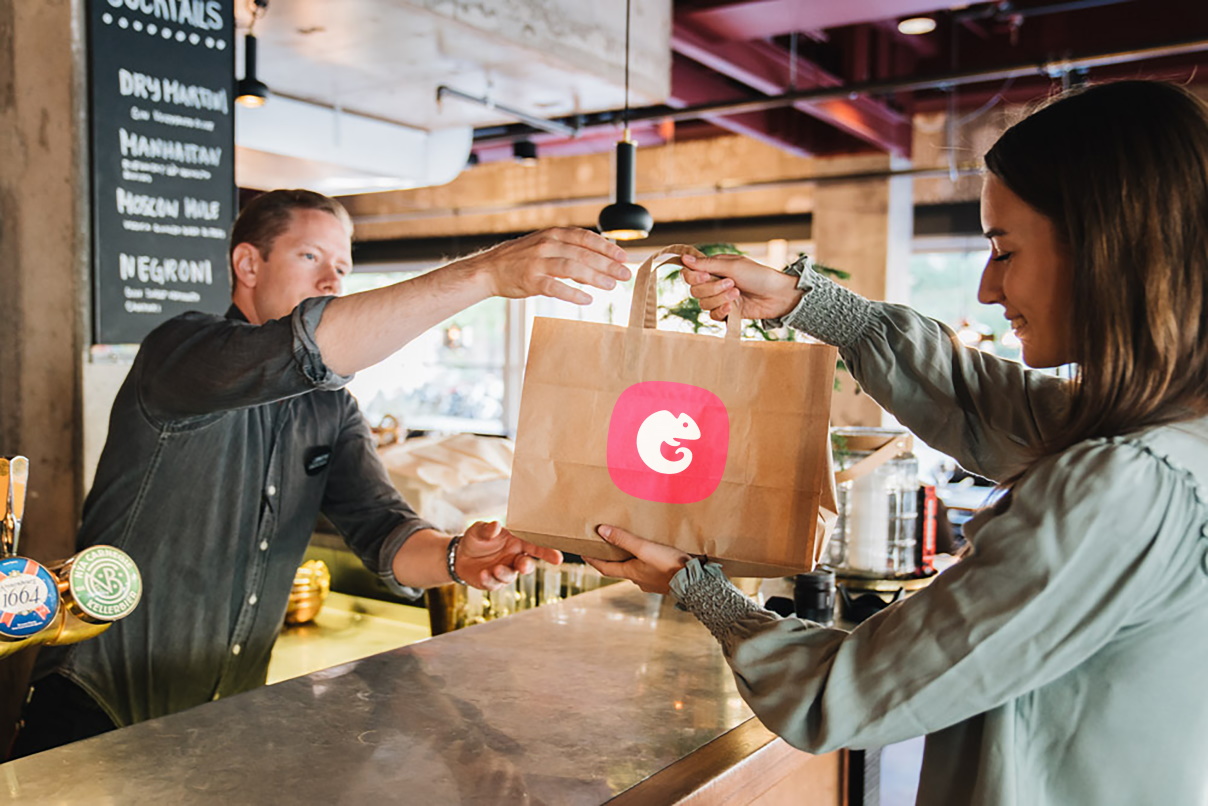
picture: Karma
Which business model is the basis of Karma?
For a business, using Karma is free. We take a small commission on each sold item, so we only make money when our restaurants do.
By being super light on infrastructure and operating a universal model, we are able to scale easily into other markets and provide a simple solution that benefits our long-term goal of eliminating food waste.
How does Karma solve the customer’s problem? What does your offer change?
The retail sector is facing both economic and environmental losses due to the massive issues with food waste.
For our sellers, Karma solves both these losses by offering retailers the opportunity to resell their surplus food to new Karma customers and save it from the bin. But that’s not all, and neither should it be. Solutions that offer only to resell surplus will never eliminate waste long term, they merely repackage and resell it. What Karma additionally does is to collect data on what food is being uploaded as waste, and use machine learning to help retailers long term not only to resell their waste but also predict and prevent waste from happening in the first place. That is our ultimate goal.
For our users, this idea of economic and environmental stress is also combatted. Put simply, Karma makes sustainability effortless for the customer. With just the click of a button they can eat well and protect the planet. Plus, with all our food sold at a discount, it saves money too.
Where along the value chain can the service make a particular contribution? On whom or what does it influence?
Our ultimate goal at Karma is to eliminate food waste across the food chain, and we feel that there is still boundless opportunity for innovation in the space.
To start, our core app and Karma fridges focus on the middle of the food chain – with wholesalers and retailers. This is where 18 percent of all food waste comes from so it felt like a strong place to start. Plus, by growing awareness of the problem in this space (both for sellers and consumers) are goal is to raise the overall consciousness of the problem – and have an effect later down the line within the home too.
(Interested in more numbers? Have a look here)
What makes Karma different from other initiatives in your field?
Karma doesn’t only repackage and resell food waste. Our ambition is to predict and prevent it from happening in the first place.
Whilst there are alternative solutions out there – these providers offer retailers the chance to place their leftovers randomly into bags which can be picked up by consumers for a small price. The food is given a new home, which we applaud – but our solution takes on a few challenges that come with this, too.
For a consumer, whilst a random bag can offer a surprise element, it also inhibits those with particular food preferences or allergies from participating, and can lead to waste just moving from a bin at the retailer, to a bin in someone’s home.
For the retailer (and for us at Karma, too), redistributing waste in this way leaves restaurants unable to track what is being wasted, and when. Prediction and prevention are not possible for these food waste apps, an element we at Karma strongly believe is crucial if you really want to solve the food waste problem.
Our belief has always been that whilst there is a big value in reselling food waste, there is a tenfold larger value if we can stop food from becoming waste in the first place.
Karma also works across all customer verticals. Thanks to our model it can support all types of food producers (compared t
o food delivery that usually only applies to restaurants or grocery stores). Karma works for a multi-POS (point of sale) restaurant chain, independent cafes, bakeries, hotel chains, grocery stores, wholesalers, producers, etc. and is a pure win-win compared to the common scenario. There are only upsides using it for all stakeholders, as the small time it takes to save food on Karma will pay back both with profit and cause.
Please tell us about your design process at Karma.
Our product development and design process start with the user in mind, the person holding the app in hand with goals we want to help them archive, may it be cause or profit driven, or both. Always having the end user in mind is the single way for us as a company to achieve our goal to end food waste.
It is, however, easy to speak those words and for anyone to claim they are user-centric. At the end of the day, it’s all about setting up processes and forums where innovation and development takes form, with the user in the centre of the discussion. At Karma we seek insights from existing users, carefully listen to their needs and shown behaviours, analyse the market and industry trends to learn what innovation fits the market and the user. Then we iterate as we learn along the way. You are never done.
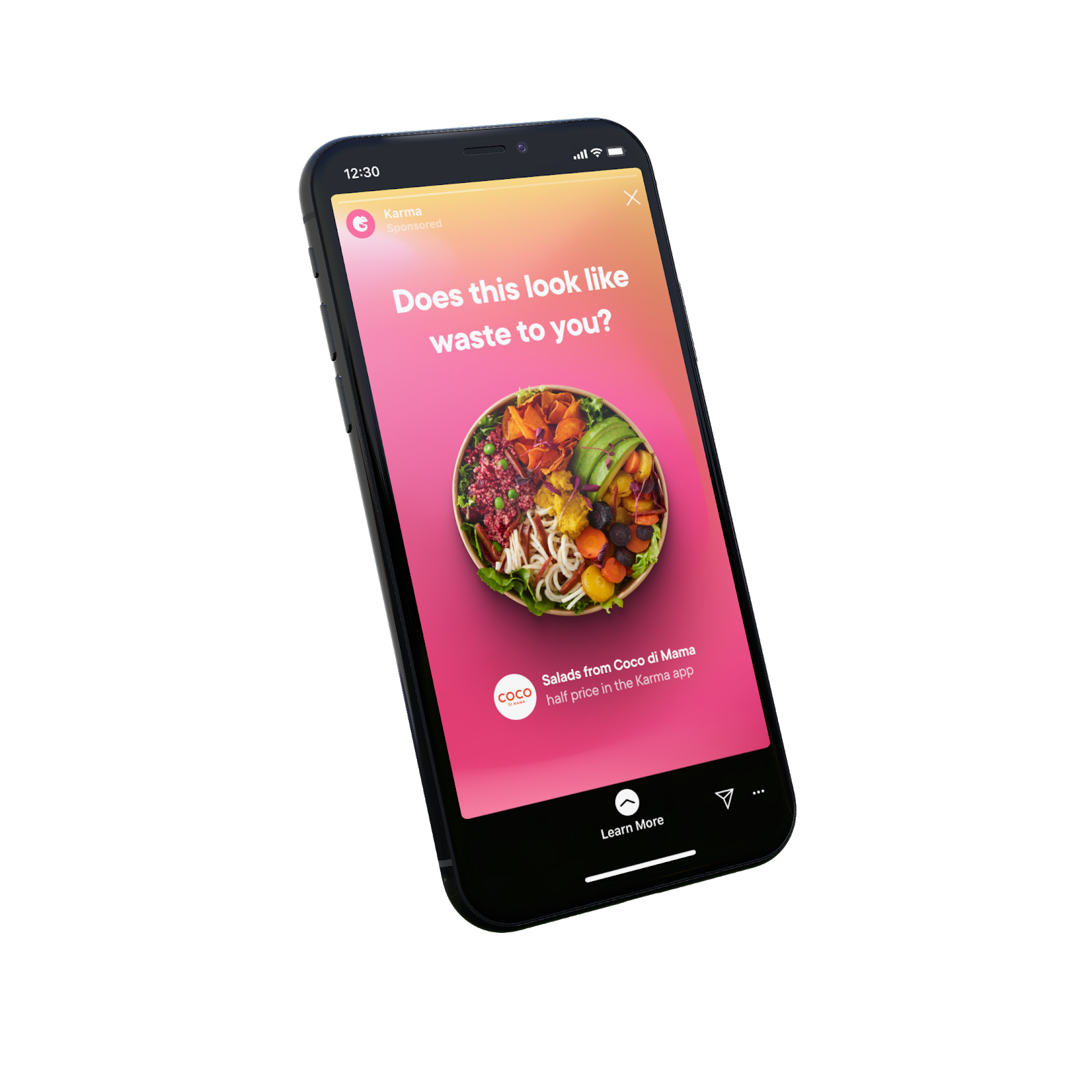 picture: Karma
picture: Karma
How do the environment and society benefit, and what is the main focus of the project in regard to the concept of sustainability? Do you measure your sustainability impact and if so, how?
For each meal or food item rescued on the platform, we save greenhouse gas emissions. Simple as that. The more food waste saved from the bins, the bigger the environmental impact.
The environmental impact is calculated by taking average weight per item and the emission per weight, so that we can estimate the overall saving in CO2 emissions made.
We are super pleased to say that we recently hit a new milestone of four million meals saved. In terms of weight this equals around 1.5 million kg of food saved from the bins. And in terms of emissions – we have saved the equivalent CO2 emissions as 25 million km travel in a car (or that same car travelling 640 times around the globe)!
According to you, what must change in people’s minds in order to achieve the sustainability goals?
Food production is a substantial driver of emissions (26 percent of all global greenhouse gas emissions), but a lot of discussion amongst the climate-conscious public seems to circle around flying (two percent of all global greenhouse gas emissions). That does not come from a perception problem. I simply think that we have not been informed about emissions objectively or taken a holistic approach to how to solve the issues. People lack context and the big picture.
That said, for too long the burden of responsibility for understanding and solving this issue has been placed on individual people. We believe it’s not the people that have to change first, it is society and the solutions offered that need to take the lead – so that for consumers it is effortless to become more sustainably driven.
Governments and companies need to do the work to bring awareness and practical solutions that are tailored to the end consumer. That’s what Karma does. We have understood that food waste is a business opportunity, not just an environmental one. We have found a solution that benefits all parties, both economically and environmentally. We have proven that there are effortless solutions to drive sustainable behaviour.
To what extent, with your service as an example, does digitisation favour the implementation of the circular economy?
When we built Karma, we knew that tackling a huge climate issue like food waste was not going to happen unless we ensured we could tackle it on a massive scale. In order to do this, we knew we needed a for-profit business which put the cause first, one where we could make it rewarding for all that take part.
Karma is a technical solution and thus 100 percent digital product – which makes us asset light and with low operational complexity. This enables us to quickly scale into new markets. Food waste is a global issue with the need for a global solution, which Karma is: A digital platform that enables insights to predict and prevent food waste, while also being a platform that enables transactions to resell food between retailers and consumers.
Circular economy, for me, is about designing waste out of the equation in business. Taking traditional business models away from a “take, make, dispose” system into a circular one. For us at Karma, we’ve designed our whole business around championing what others view as waste.
What factors have helped keep the offer successful on the market?
The motivation of consumers and retailers is both idealistic (save the planet) and pragmatic (save own money). We know for a fact that the pragmatic benefit is highly motivating, we’ve tested this quite a lot. But we also know that the idealistic motivator is the backbone of Karma and a big motivator among our users. These two cannot be fully separated, as they both play a big part in adding value to the product for both sides of the market.
Additionally, we carefully listen to the market where data and user feedback is important for our decision making. It helps us improve and test new things.
During the early days of the pandemic in 2020 users reached out to us and wanted us to allow them to add tips to the restaurants that were suffering due to closedowns for instance, which we of course built directly and launched just a few days later.
Another more recent example from the pandemic is the fact that we could see how users changed their locations and we could track the demand in real time and help move supply and temporarily offer home delivery to selected areas.
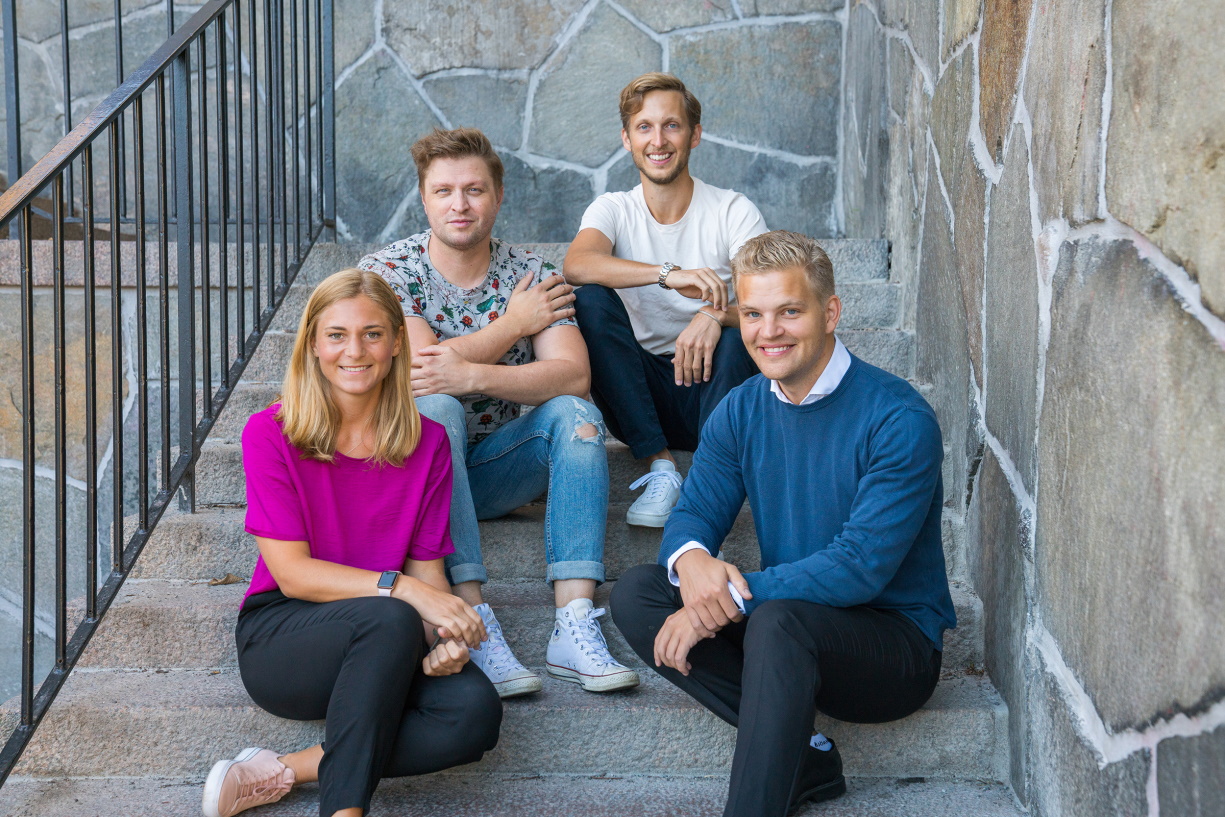
Karma Founders in 2018: Elsa, Mattis, Ludvig, Hjalmar | picture: Karma
What are the main obstacles for companies to become “circular”?
The main obstacle for existing companies to become circular is truly integrating it into their business model, rather than seeing it as a “nice to have”.
We’re strong believers that you do not need to choose between cause and profit. With the Karma app, restaurants and grocery stores sell surplus food to consumers at a lower price. As a result, consumers eat great food while saving money, and businesses receive an additional revenue stream and reach new customers – all while saving the environment. It’s a win-win-win scenario, and our revenue as a company is dependent on being circular.
In terms of innovation and disruption – it is up to start-ups like ours at Karma to continue to innovate and disrupt and use technology and data to act across the three tenets of the circular economy: reduce, reuse and recycle.
In your opinion, what actions should politics undertake to promote the circularity?
Circular economy has to include both cause and profit. We’re usually called “an impact startup”, but we’re not only an impact startup, we are also a startup that has to be profitable in order to scale and make an impact.
Politics play a big role in us achieving sustainability goals, by championing these types of businesses. In order to change a person’s everyday life behaviour, there has to be clear value and benefits – not only environmental or social benefits but also personal benefits. By acknowledging this need, governments can seek out solutions that do not inhibit but instead allow people to live, explore and enjoy life in a sustainable way.
Some final, personal reflections. How would you like to develop your offer further?
Our culture at Karma is to be constantly moving forward. Whether it be within the product itself and how we can evolve and iterate to fit changing market needs, all the way to how we communicate and persuade new audiences to join our movement. So, in that sense, our offer is constantly in development and that’s the way things should be. That said, I am always interested in seeing how we can step outside of our comfort zone and find completely new ways to tackle existing problems. The Karma Fridge was one of these solutions, and I am excited to see how we can develop additional solutions like this to help develop the product further.
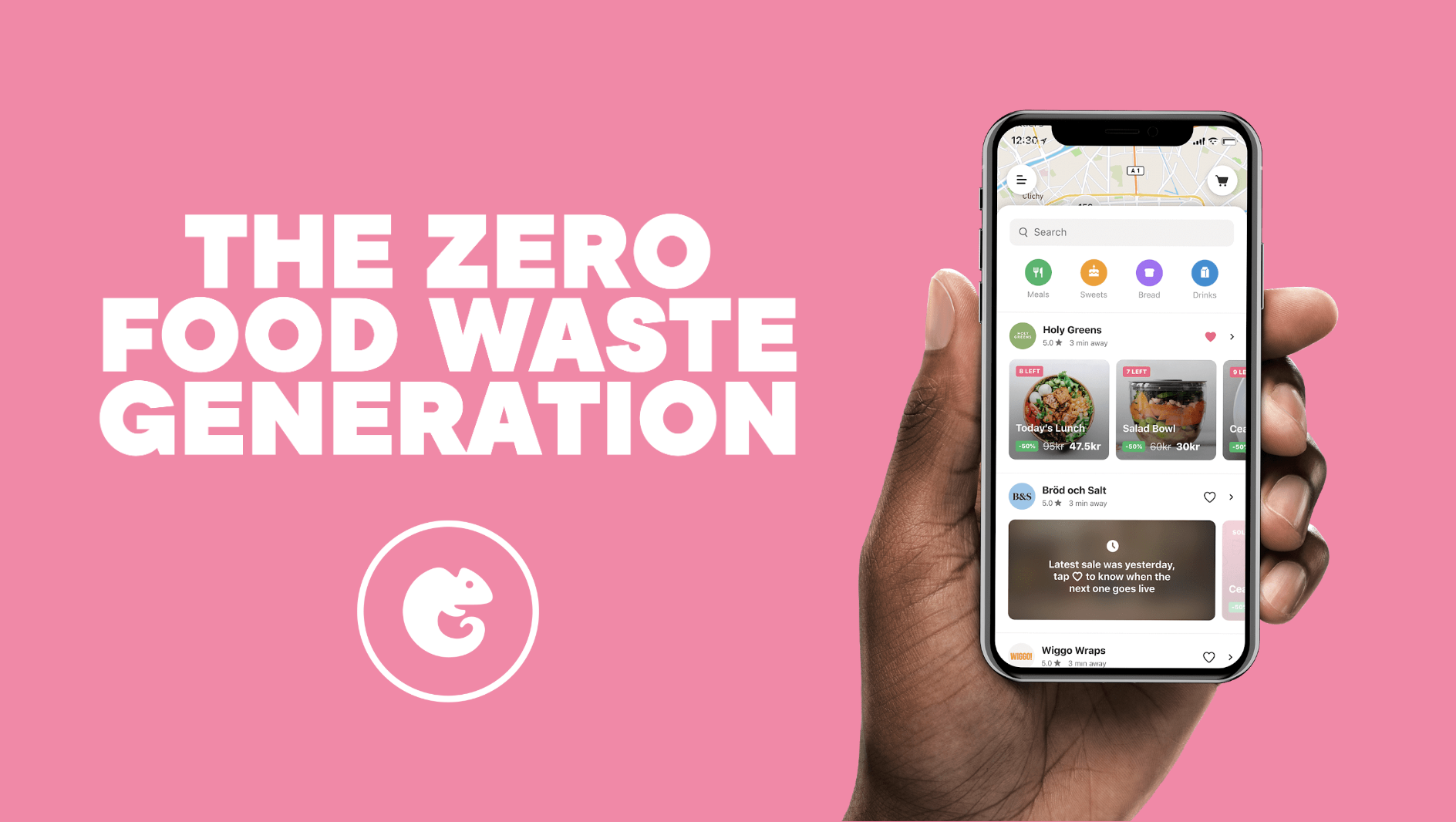
picture: Karma
Are you optimistic about the future?
The pandemic months have been incredibly challenging, as they have across almost all food and drink businesses across the world.
But they have also given us time for us to reflect on our purpose and our ultimate desire to create a company that balances profit with sustainability. I am hugely optimistic about the future, and I strongly believe that the groundwork we have already made in sustainability (at Karma, but also more broadly) has driven a deeper sense of urgency for governments to act, but also made sustainability an action that all individuals can participate in.
Looking back over the year 2020 and what I’ve learned, it would definitely be that despite many of us working “apart”, collaboration is the key to success. Collective action is not only sustainable but also makes business sense, and we continue to work closely with retailers and consumers to make positive change for society.
What is your key message?
Saving the world should be effortless. As effortless as saving food with a tap of a button.

START OF THE INITIATIVE

Karma was founded in November 2016, by Hjalmar Ståhlberg Nordegren, Elsa Bernadotte, Ludvig Berling and Mattis Larsson. Our founders, a team of experienced entrepreneurs, knew that they could apply their knowledge of building successful businesses and create something with real value and purpose to tackle this problem.
LOCATION

Our service is offered in Sweden, United Kingdom and France
MISSION

To create an effortlessly sustainable lifestyle.
TARGET GROUP

Anyone who holds a smartphone in their hand and wants an effortless solution to living sustainably (or simply just wants to eat delicious food at half price).
MOST INNOVATIVE ASPECTS

Karma proves being sustainable doesn’t have to cost the Earth. In fact, with Karma, it’s cheaper to eat sustainably, which we consider a win-win-win solution.
DIGITAL OFFERS

Karma is an app that allows you to rescue food at a discount. Restaurants upload food to the Karma for Business app, and users make purchases in the Karma app..
A FEW NUMBERS

Over 9,000 restaurants, grocery stores and cafés are selling their
surplus food on Karma.
The app was downloaded over 1.3 million
times! So far, Karma helped connect surplus food to users, enabling
us to rescue 1,200 tons of food, which equals 1,800 tons
CO2.
To put that into context, 1,800 tons of CO2 equals 242 trips
around the Earth in an airplane (or 6 million km in a car).


